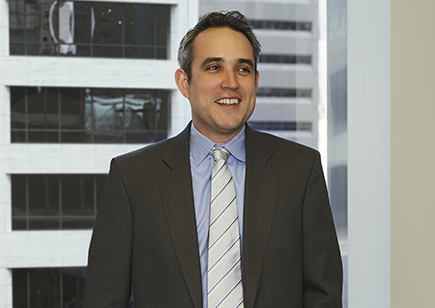
Posted April 11, 2018 with Tags Pay equity laws, Wage and Hour
Ninth Circuit Rules that Salary History Cannot Justify Pay Disparities
The Ninth Circuit ruled that employers may not consider a new employee’s prior salary when setting his or her pay, either on its own or with other factors such as years of experience. The Court ruled that allowing employers to rely on prior salaries is incompatible with the broad principal of the Equal Pay Act, which states that men and women should receive equal pay for work.
